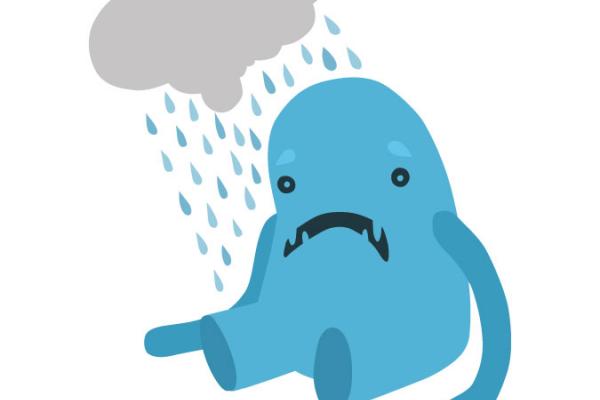Alexander was having a terrible, horrible, no good, very bad day.
It's a children's story. I know. A no good, very bad day ... how do you prepare your kids for that kind of day where nothing seems to go right, where at every turn knobs break and we step in puddles and get gum stuck in our hair?
Maybe, we tell ourselves, that we can move to Australia and everything will be better.
Well, no. Terrible, horrible, no good, very bad days happen there, too. They happen everywhere. Everywhere. It's a great book.
So what do we do about them? The classic children's book doesn't answer the question for us. Not really. It's just a little bit of truth telling with fun illustrations. Some days are just terrible, horrible, no good, very bad days.
But as we grow older, we learn that though these days do simply happen, that there are attitudes one can have, there are approaches to these days one can take.
Read the Full Article

